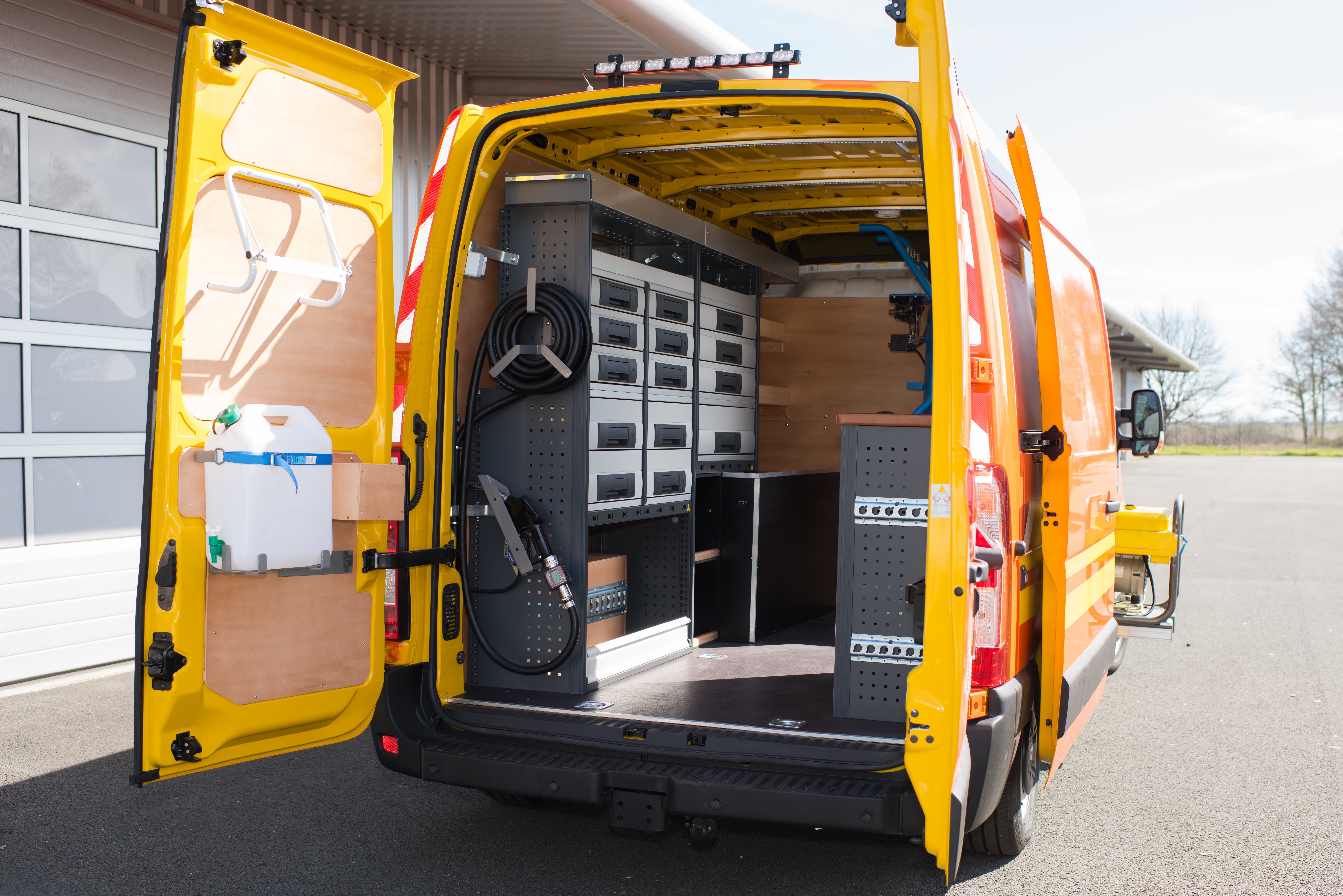Wolseley PRO Pipeline Blog
By Greg Weatherdon
Just like clockwork, another year end is rolling around. Whether you’re a sole proprietor, in a partnership or incorporated, preparing for year end pretty much follows the same ritual. Hopefully, you have someone doing your bookkeeping every month, so that preparing for your year end is more of an annoyance than anything else. If not, this can be a dreaded time of the year.
As business owners, we can all use help in many areas of our businesses. Finding someone you can trust to do your bookkeeping is one of my top recommendations for business owners and is money well spent. The alternative is to scramble at year end to find all those receipts that you stuffed into every nook and cranny of your truck. A common misconception about this annual ritual is that it’s an opportunity to maximize your profits and minimize the taxes you may need to pay, instead of an administrative hassle.

Talk to your accountant in advance
Before I go any farther, let me stress that you really need to have a conversation with your accountant before your year-end to get their guidance on what they need from you, and what you need to do. Doing so far enough in advance will give you enough time to get that to-do list done.
Different kinds of business structures coupled with an individual’s personal situation, can potentially impact any of these suggestions. The following is a list of my suggestions based on over 30 years of self-employment. As I’m not an accountant, you will need to get additional input from one.
Getting ready
The first step is getting ready. One of the advantages of starting a little earlier than necessary, is that it gives you a chance to take care of the details without panicking. Rushing through this exercise will usually costs you more than you think.

Catch up on receivables
I find it a little strange that many contractors shy away from doing their invoicing. It’s as if it’s not important and that getting the job done was all that really mattered. So, year end is the time to get caught up. You should make sure that all your invoicing is up to date and out the door. Successful contractors make it a point of billing every job as soon as it’s completed. This way, receivables are always up to date, and you’ve got the money in the bank to prove it.
This is also the time of year to make sure that any of those outstanding invoices are collected and that all your accounts are current. By current I mean that any receivables you have should be within the 30-45-day window. I personally think this is too long, but unfortunately, many larger corporate accounts prefer payment terms of 45 days. You shouldn’t have any outstanding invoices for residential customers. Their balance should have been collected before you leave the job.
Conversely, if you have pre-billed any customers for work that won’t take place until after your year-end, they need to be identified, so that your accountant can remove them from your current fiscal year’s revenue and reallocate them to the following year. There’s no point on paying taxes earlier than you need to.
 Identify bad debts
Identify bad debts
No one likes bad debts, but they are sometimes an unfortunate reality. Writing off an invoice because it will never be collected is a painful exercise. You did the work in good faith and then you were left hanging. There are ways to minimize this happening, but that is for another time. If you find yourself with a list of invoices that have little hope of collecting, it’s time to identify them. Accepting the fact that you probably won’t get paid is the necessary first step. By making a list and providing it to your accountant, you can now have the conversation about what needs to be done. The upside, if there is one, is that writing these off will potentially reduce any taxes you may have to pay.
Record your payables
Next, make sure you get all bills in for any parts, subcontractors or equipment you used to perform work during the past year. By identifying and recording these expenses prior to your year end, you potentially reduce your income tax bill.
If you’ve prepaid any bills or services, they need to be identified and reallocated to the following year’s business. With monthly payment plans on so many services, this shouldn’t be a huge undertaking. A good place to start is with any insurance premiums you pay annually and then take it from there.

New equipment or vehicles
If you’re thinking of buying a new piece of equipment or replacing an existing one, this is the time of year that can be most beneficial. Whether it be a new vehicle, office equipment or that specialty piece of equipment that you’ve been eyeing, making the purchase prior to year end may allow you to claim the full annual depreciation even though you’ve only owned it for a couple of weeks. Additionally, any repairs you need to make to your vehicles or equipment, should also be considered prior to your year-end. The benefit? You guessed it - it could reduce the amount of tax you’ll need to pay.
Take Inventory
If you normally keep a fair amount of inventory on hand it’s best to start to let it run down a bit, only because you’ll have less to count which will give you a more accurate tally. Either way, your inventory needs to be counted and assigned a value. This typically takes place right on your year end or as close to it as possible.
 Employee bonuses
Employee bonuses
If you’re planning to pay any bonuses to your employees, you may want to consider doing so before your year end. Paying them out before your year end creates an expense for the current year. Paying them out after your year-end, means you’ll have to wait a full year to see any reduction in taxes.
Learn more tips for payroll and employee benefits here.
Time for reflection
Aside from the mandatory accounting items, it’s critical to take time to reflect on what you did or didn’t achieve this year. Failing to review the past year, good or bad, negates the opportunity to improve on next year. You should be asking yourself what you did right, what could you do better, what mistakes did you make and how can you avoid them in the future?
If you prospered or even just survived another year, you can appreciate that you’re doing better than many other business owners. Rare is the entrepreneur who is an instant success. What we don’t hear enough of, is that most had to struggle a number of years before they got their act together. So, take a moment and be proud of everything you’ve accomplished and aim to do better next year.
Want more business tips? Read all of our articles for your plumbing or HVAC/R business here or sign up to become a Wolseley PRO and them straight to your inbox.
Greg Weatherdon is a small business expert and author of Get More LIFE Out of Your Business. He was a featured speaker at the 2019 Wolseley One Tradeshows. He also produces The Small Business Minute Podcast, available on all major platforms including iTunes, Google Play and Spotify. Visit www.gregweatherdon.com for more information.







